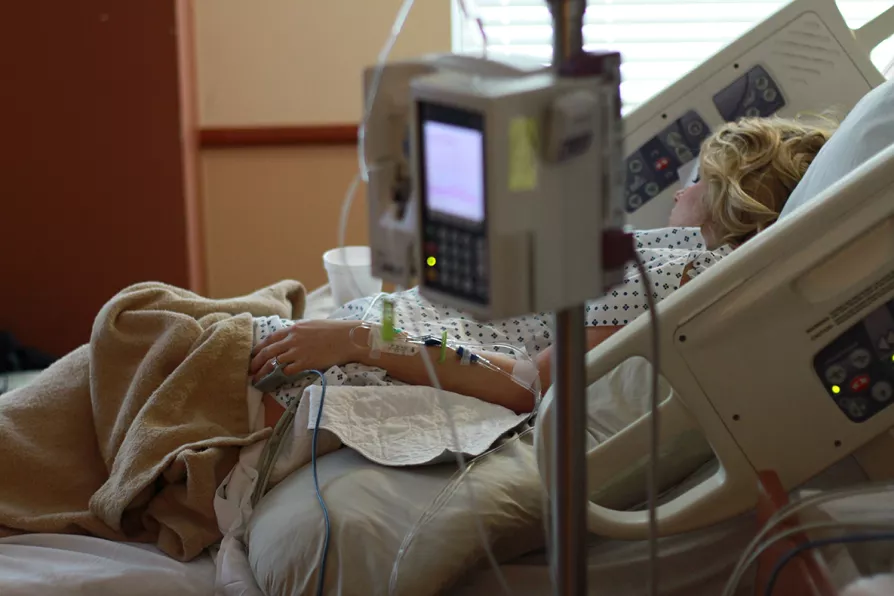RAMZY BAROUD sees Gaza abandoned while the genocide continues


BY WRITING that I support assisted dying, I feel as if I am going against the disabled community and might find myself subject to a social media “pile-on” with all those who disagree making it clear they think I’m in the wrong.
Coverage of a demonstration in 2015 against the Bill introduced by Rob Marris MP on assisted dying reinforced this belief. Various people with disabilities were interviewed, with some of those mentioning that on the side against assisted dying were disabled people, but on the side for assisted dying, there was not. Since then, similar comments have been made in articles.
This impression, that the disabled community speak with one voice, has made it extremely difficult for those with disabilities to speak up in favour of assisted dying. Not only will they be going against their own “community” but now with the debate so polarised and emotive many fear that if they raise their heads to speak, they may suffer the backlash from entrenched and long-established positions from well-organised pressure groups (on both sides).

Campaigners vow to keep up fight against Assisted Dying Bill as it clears House of Commons

DANIEL GOVER considers the procedural complexities awaiting a Private Member’s Bill in its passage through Commons and Lords












